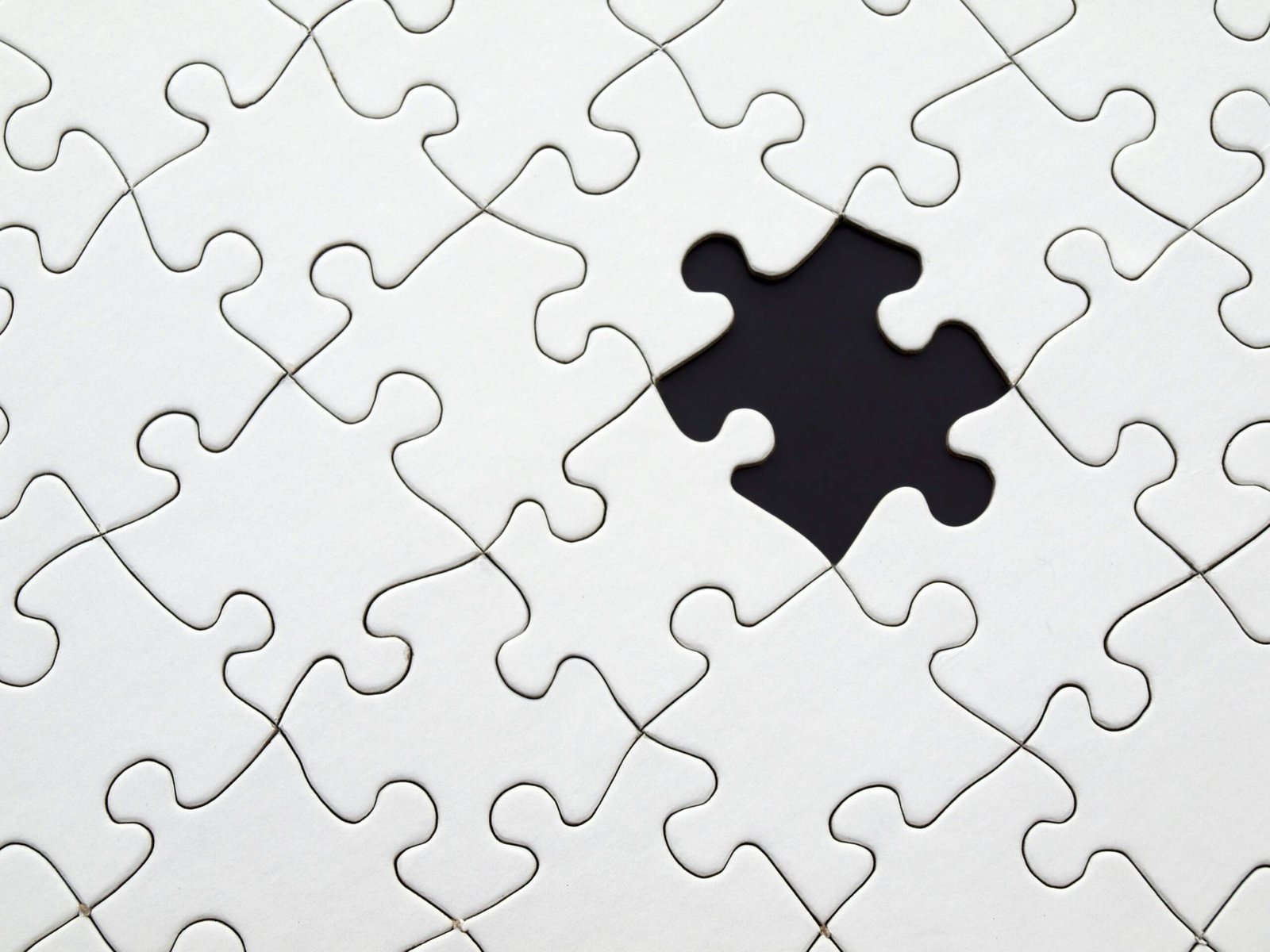In a society that often glorifies busyness and constant activity, stress has become a ubiquitous presence in our lives. But amidst the hustle and bustle, it’s crucial to prioritize our well-being and develop effective stress management strategies. Join us as we delve into the depths of stress management, exploring ways to navigate the complexities of modern life while fostering a sense of balance and serenity. Learn How to Develop Effective Stress Management Strategies and reclaim control over your mental and emotional well-being.
Understanding Stress To Develop Effective Stress Management Strategies
Stress isn’t inherently evil. It’s our body’s natural response to challenges or demands, a throwback to the “fight or flight” survival mechanism of our ancestors. However, in today’s incessant buzz of notifications, deadlines, and responsibilities, that once-life-saving alert system doesn’t quite know when to switch off.
Importance of Managing Stress
Unchecked stress can be a wrecking ball to our physical and mental health, a silent underminer of relationships, productivity, and overall quality of life. Thus, crafting effective strategies for stress management isn’t a luxury; it’s a necessity.

Identifying Triggers to Develop Effective Stress Management Strategies
Our stress triggers are as unique as our fingerprints. For some, it’s a cluttered inbox, for others, it’s a looming public speaking engagement. Recognizing what sets off your stress is step one on the path to managing it.
Keeping a Stress Diary
Consider maintaining a stress journal. Jot down when you feel stressed, what seems to trigger it, and how you respond. This simple act of reflection can illuminate patterns and empower you to make changes.
Adopt a Healthy Lifestyle
It might sound like generic advice, but hear me out. The bedrock of stress resistance is a body and mind well cared for.
The Role of Exercise
Exercise isn’t just about aesthetics; it’s a powerful stress-buster. By releasing endorphins, our body’s natural painkillers, exercise improves our mood, and sleep, and reduces levels of the body’s stress hormones, like adrenaline and cortisol.
Importance of Sleep
Ever noticed how a poor night’s sleep leaves you feeling on edge? There’s a reason. Sleep and stress are closely linked, each influencing the other. Cultivating habits that encourage good sleep does wonders for stress management.
Eating for Wellbeing
You are what you eat, so they say. A balanced diet fuels the body with the nutrients it needs to handle stressors. Conversely, a diet high in sugar and processed foods can exacerbate stress responses.
Developing a Mindfulness Routine
Mindfulness isn’t just a buzzword; it’s a proven stress reducer.
Introduction to Mindfulness
Mindfulness is the practice of being present and fully engaged with whatever we’re doing at the moment, free from distraction or judgment, and aware of our thoughts and feelings without getting caught up in them.
Meditation Techniques
Meditation has long been hailed as a pillar of stress management. Even just a few minutes a day can make a difference.
The Benefits of Breathing Exercises
Breathing exercises are another tool in the mindfulness kit, helping to lower the heart rate and promote relaxation.
Time Management Strategies
Time, or the lack of it, can be a significant stressor. Learning to manage your time effectively can reduce stress levels substantially.
Prioritizing Tasks
Not all tasks are created equal. Learning to differentiate between urgent and important tasks and tackling them accordingly can alleviate the sensation of being overwhelmed.
The Power of Saying No
It’s okay not to do everything for everyone. Setting boundaries is not just necessary; it’s healthy.
Setting Realistic Goals
Goal setting gives direction and structure, but unrealistic goals can be stressors themselves.
Short-Term vs Long-Term Goals
Breaking down your objectives into manageable chunks makes them less daunting and more achievable.
Celebrating Small Wins
Every step towards a goal is worth celebrating. These little victories can be incredibly motivating and stress-reducing.
The Role of Positive Thinking
Our thoughts have a profound effect on our stress levels. Cultivating a positive mindset can significantly alter our experience of stress.
Challenging Negative Thoughts
Learning to identify and challenge negative thoughts can shift your entire stress paradigm.
Gratitude and Positive Affirmations
Focusing on what we’re grateful for and reinforcing positive self-talk can fortify us against stress.
When to Seek Professional Help
Recognizing when you’re in over your head is crucial. If stress is chronic and interferes with your ability to function, professional help can be a lifeline.
Creating Your Personal Stress Management Plan
No single strategy fits all. Effective stress management involves a tailor-made blend of techniques, tweaked and refined as your circumstances and responses evolve.
Conclusion
Managing stress isn’t about eliminating it entirely; it’s about understanding its origins, recognizing how it affects us, and harnessing strategies to keep the scales balanced. By adopting a holistic approach to stress management, we can not only survive but thrive amidst the pressures of modern life.
FAQs
- What’s the first step in stress management?
- The first step is recognizing the presence of stress and understanding its sources.
- Can exercise really help reduce stress?
- Absolutely! Regular exercise boosts the body’s production of endorphins, which can elevate mood and reduce stress.
- How does sleep affect stress?
- Lack of sleep can exacerbate stress by impairing cognitive function and mood, while adequate sleep has a protective effect against stress.
- Is mindfulness meditation difficult to practice?
- Mindfulness meditation can be as simple as allocating a few minutes each day to focus on your breathing and being present, making it accessible to most people.
- When should I seek professional help for stress?
- If stress is affecting your ability to cope with daily life, persistently causing physical or emotional distress, it might be time to reach out for professional support.










